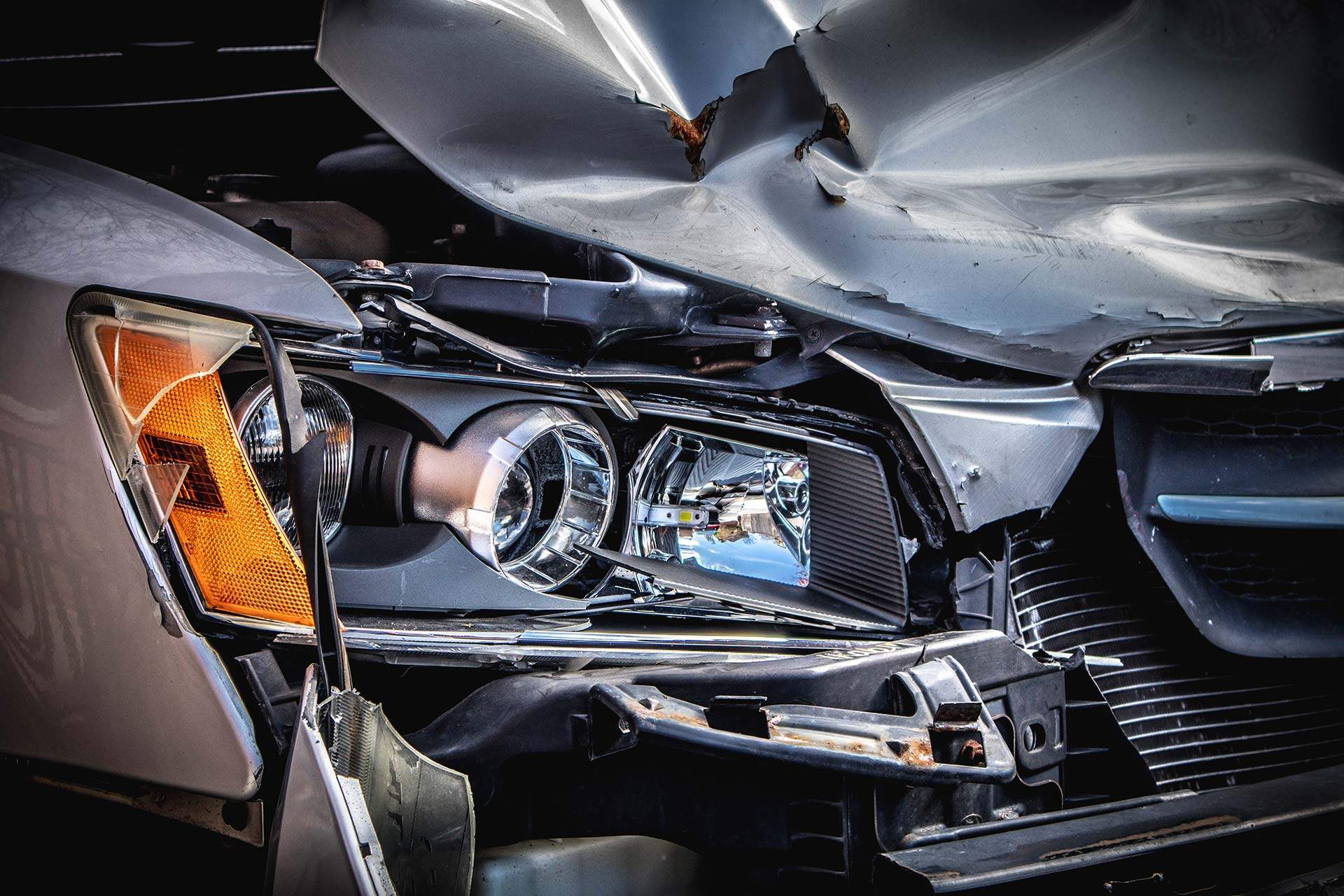
I’ve Been in a Car Accident . . . Now What?
by Jeffrey J. Kroll
Unfortunately, car accidents occur much too often. Distracted driving, inattentiveness and poor decisions are all common causes of a collision. Occasionally, car accidents are resolved with cooperation from the at-fault insurance party. But when insurance fails to compensate for the accident, or when the physical injuries caused by the collisions cause immense pain and suffering, one may consider contacting an attorney.
There are often questions that arise when considering a lawsuit. Some frequent questions are answered below:
Do I have cause for a lawsuit?
This is the first question to ask because, if you were 100% at fault for the collision, then a lawsuit against the other driver will be unsuccessful. In fact, in Illinois, the law is if you are over 50% at fault for the accident, you are precluded from recovery from the other party. But, if the other driver was at least 50% responsible for the collision, you may have a basis for recovery. These are often issues in which an experienced car accident lawyer can address and analyze for you.
If the opposing insurance company does not sufficiently offer and cover the economic and non-economic injuries you sustained, then you may have a basis to sue the at-fault driver to be fully compensated for your injuries.
When do I sue?
In Illinois, the statute of limitations, the period in which you must file the lawsuit, is typically two years from the accident. This can vary on a multitude of factors. After the statute of limitations passes, you can no longer sue for damages. So, it is in your best interest to consult with an attorney as soon as possible if you believe you have a basis for a claim.
Who do I sue?
The quick answer is, in auto collision cases, you would sue the other driver(s). There are few situations where you could sue the insurance company (if they act in bad faith), the driver’s employer (if they were under the scope of employment during the collision), or the owner of the at-fault vehicle for negligently entrusting the vehicle to the at-fault driver. If your claim is successful, the other driver’s insurance carrier will pay the damages. If the other driver does not have car insurance, you may be able to collect directly from the driver, or from your own insurance company.
To avoid burdensome and stressful evaluation of the collision to answer these questions yourself, it is encouraged that you consult an attorney to ease that burden and consider next steps. Please visit our website at Kaveny + Kroll to schedule a free consultation.

